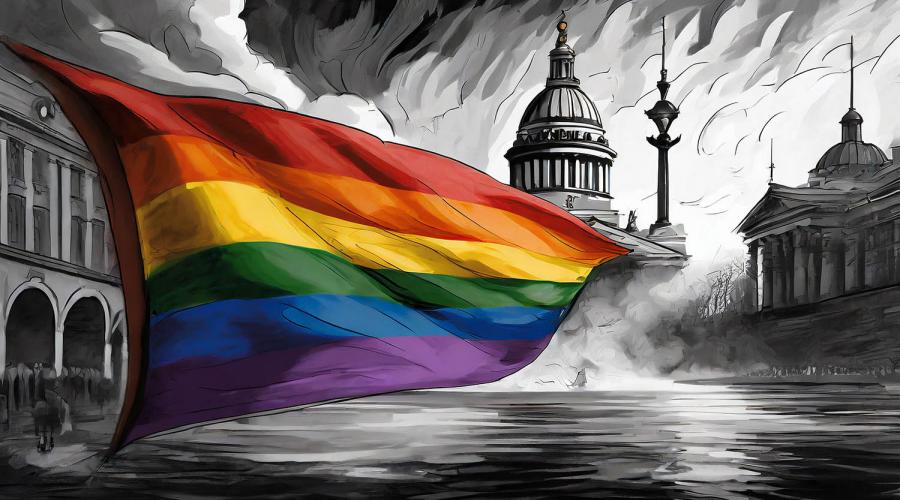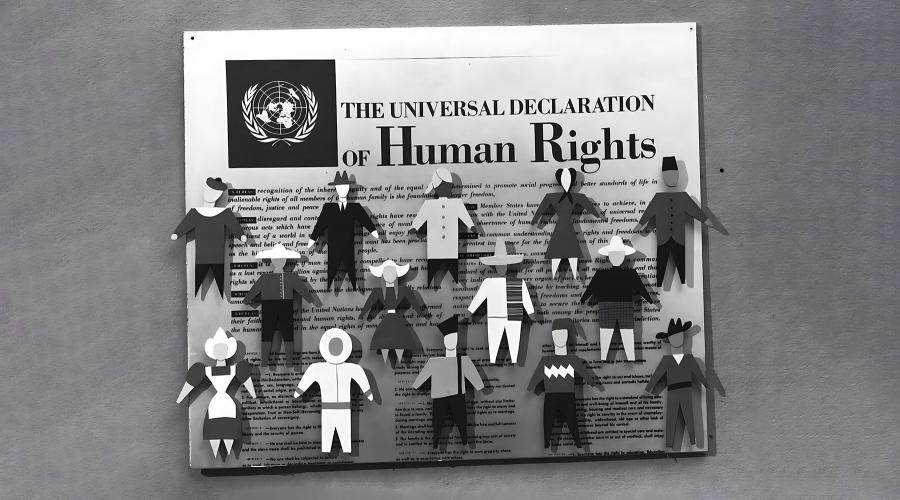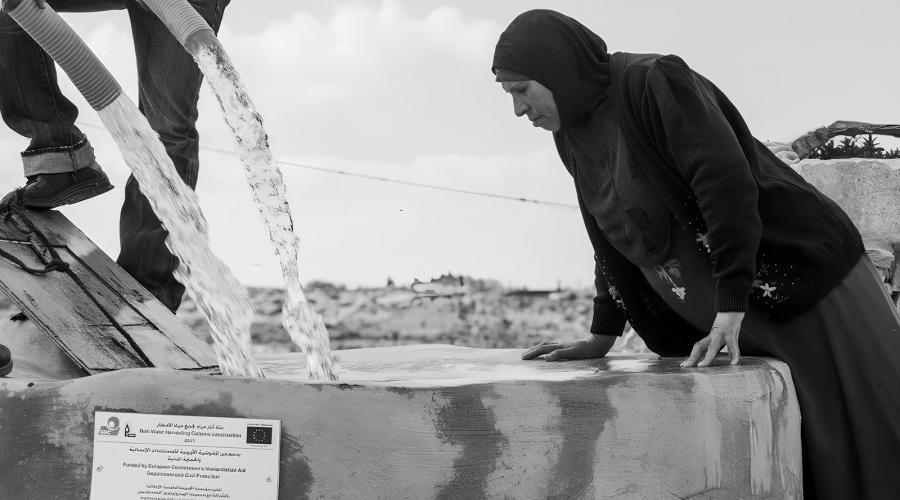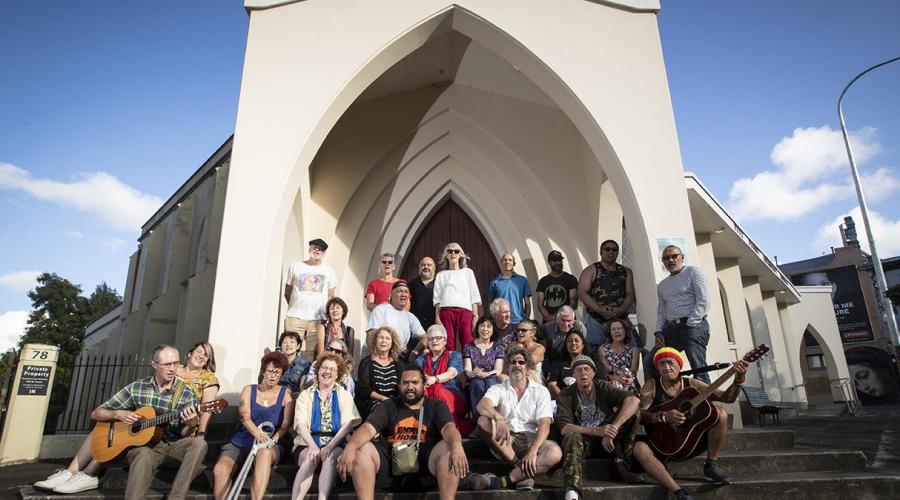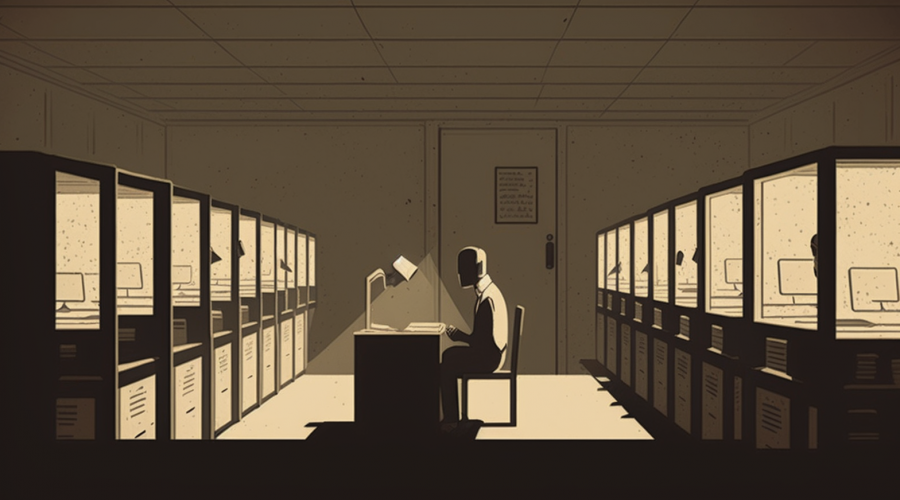After the storms: how to cope with climate anxiety
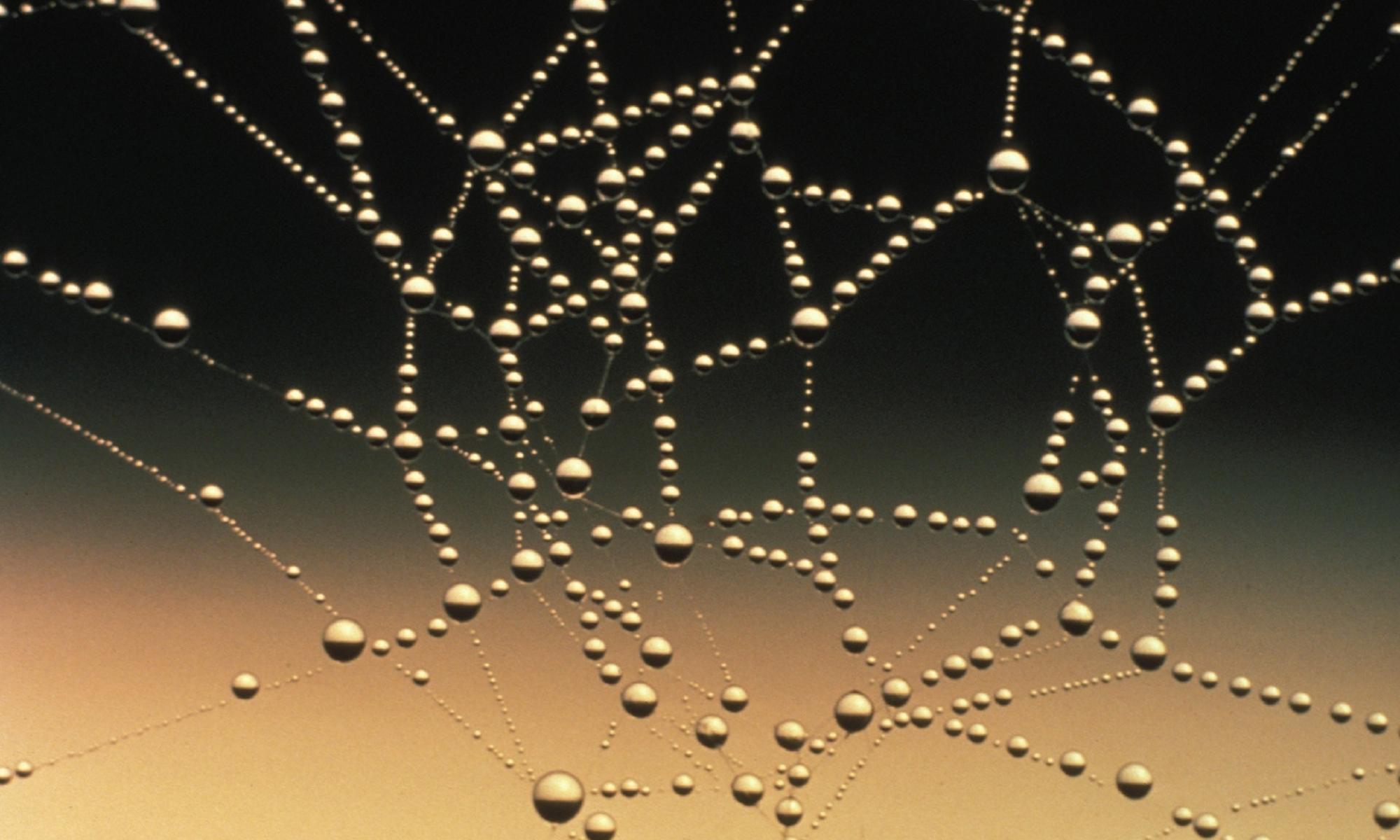
Floods, forest fires, cyclones; there was a time when we saw these things happen in countries on the other side of the world. We saw the news and imagined preparing for climate impacts sometime in the future. Suddenly they have happened in our neighbourhoods and cities. Suddenly they affect our homes, our loved ones, the road maps in our minds and the ground beneath our feet. Understandably, this creates anxiety. The future feels uncertain, and the media saturation can make it feel overwhelming. The impact of climate change was something we only talked about in hypotheticals. Now we are all living through it.
We may all be experiencing the same event, but we are not all experiencing it the same way. If you, or someone you know, are struggling with feelings of overwhelm or anxiety, here are some tools to help you get through.
Connect with others
Reaching out to others can provide comfort to the people around you and lessen your own feeling of isolation. There will be times when it is apparent that someone needs help. For others it can be less obvious they may need more support than you know. Send a message, make a phone call, or pop over to visit with a friend or neighbour if it is safe to do so. These are all acts of collective care. We all benefit from care and connection during challenging times.Some people may not know how to ask for help, or they may dismiss their own emotional needs. Often this happens when people compare their experiences to others, feeling as though their emotions are not as valid because others have suffered or lost more. Even if you have not been directly affected, you may experience second-hand trauma by hearing, seeing and reading first-hand accounts of the devastation that others are experiencing. With constant rolling coverage and doom-scrolling, you might be more susceptible to these second-hand effects than you realise. We all respond differently, and although you can never be sure how an individual will respond to stress and hardship, thoughtfulness will always provide some much-needed hope and comfort.
Stick to a routine
Uncertainty fuels anxiety. Human brains prefer to know the outcome of any event. Even knowledge of a negative outcome is preferable to the unknown. New Zealand has experienced massive weather events whose outcome is not yet clear, and that causes all kinds of uncertainty.
When severe disruptions happen, it will give you a sense of certainty in uncertain times to maintain some sense of ritual or routine. Eating meals at the same time, maintaining a sleep routine, and sticking to your regular practices or rituals can be grounding. This can be especially helpful for young children. If you have a bedtime routine of reading books to your children (or yourself) every night, continue doing that. Even if you are staying somewhere else temporarily, preserve where possible those aspects of your days that brought you a sense of peace or calm. You need them now more than ever.
Radical acceptance
You can't always change the situation in which you find yourself. However, you can change your response.
Often after the dislocation of a severe weather event, everyone wants things to go back to 'normal’. However, the impacts of our changing climate are here to stay. Our world and our neighbourhoods are changing in ways that will not revert to the ‘normal’ we remember.
Rather than expending your energy resisting the idea of change, give yourself time to acknowledge it. You may not like the changes; however, resisting or denying reality can keep you stuck and turn your pain into suffering.
Radical acceptance is a tool that aids your ability to tolerate distress by accepting the facts of reality. It says, "Climate change is here and there will be more unpredictable events. It scares me. I know that it will impact my life, but I can only control my response."
The process of choosing to accept the challenging situations of the moment is likely to evoke a variety of emotions: grief, anger and sadness. Allow yourself to feel whatever rises to the surface. You are allowed to feel whatever you need to feel. These emotions are part of the process. It also helps to acknowledge that your strong emotions are normal—the people around you are probably dealing with very similar fears. Your acceptance can help you to enter into mutually supportive conversations and actions.
Radical acceptance does not mean that you approve of the situation or give in. Rather than cascading into hopelessness, accepting reality supports mindfulness and increases your capacity for change.
mika-baumeister-ctUIyfOyWsE-unsplash.jpg
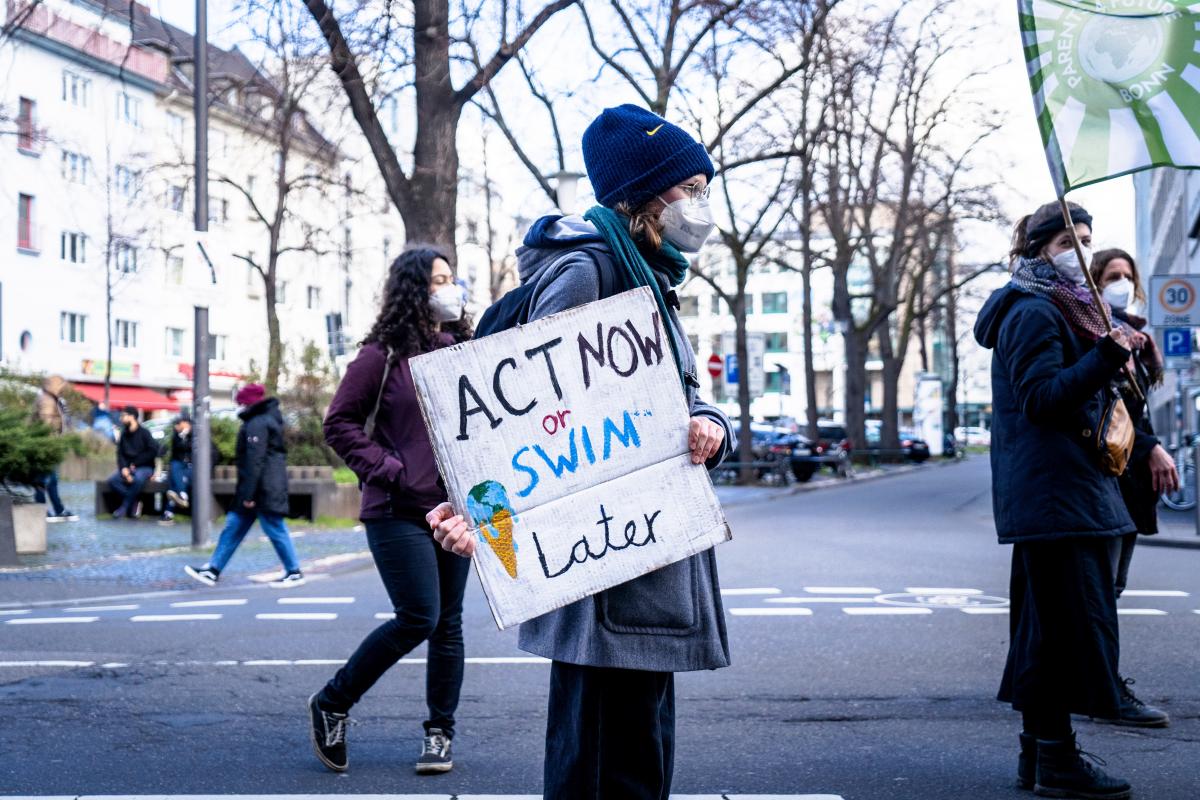
Collective mobilisation towards climate change can create a larger impact than independent action.
Nature vs human agency
Natural disasters do not offer us a person on whom to project responsibility, although it is natural to find ourselves seeking someone to blame. Natural events display a superior, faceless, unpredictable force, which creates a unique type of anxiety. There’s no way to negotiate with storms or floods. This realisation can be challenging and it leads some people towards unhelpful behaviours.
You might also feel a lack of agency because climate change is the result of so many human actions. You can increase your sense of agency by educating yourself on issues and solutions or choosing a specific space where you might want to concentrate your efforts. The acts of researching and choosing transition you from passive acceptance to action.
Take action
The burden of climate change is not yours to carry alone. Climate issues are systemic and far-reaching. The solution does not sit with the individual; however, individuals can act and can collectively mobilise, imagine and create solutions. Taking action can reduce anxiety and provide a sense of purpose and contribution.
You may find yourself grieving for people you've never met and feeling new compassion for situations far from your lived experiences You may feel compelled to act in support of your community. In the immediate aftermath, this might mean helping with cleanup efforts in your local neighbourhood (if it is safe to do so). Or you may cook for others and donate food to local groups. Remember that there are many people for whom the emergency has not ended. Sustained engagement gives you—and the recipient of your gift—hope.
Sustaining your efforts and yourself
By now, many of us know various ways to reduce our individual or household impacts on the environment: recycling; minimising plastic use by choosing re-usable cups, containers and shopping bags; using the bus and bike lanes for transport. We also have multiple platforms to keep ourselves informed with news, social media or podcasts. How do we move beyond the basics and sustain our efforts in the face of climate threats?
Perhaps the answer lies in community. None of us can tackle this alone, but we also know that we must tackle it—and we are always stronger in numbers. So, connect with like-minded groups work for change. Change your approach from reactive to responsive: take tangible steps. By moving from passively experiencing change to activism, you also find solidarity with others who want to aid the planet we inhabit.
Involvement is helpful on each of the levels mentioned above. Connecting with others opens you up as an individual. Working with new people in ways that are new to you is good for the planet and your community, and it combats the isolation of climate anxiety.
Just as important as political engagement, you need to sustain your wellbeing by connecting with experiences and people that are fulfilling and joyful. Ground yourself in the relationships and nature that you are seeking to protect. Such connections nurture your spirit and provide light amongst the heaviness that can sometimes take over. The way that you see the world shapes the way that you interact with the world. Showing yourself the goodness encourages you to live in a symbiotic way among people, planet and community.



